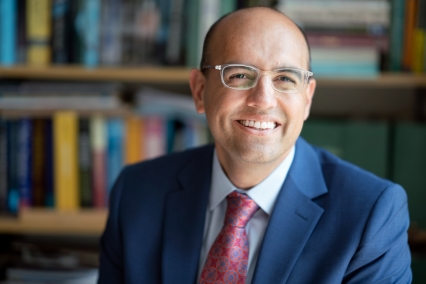
News
Filter by
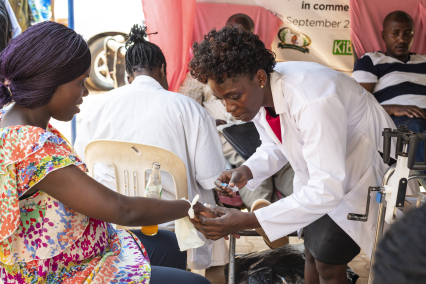
Study: Good management of aid projects reduces local violence
December 3rd, 2025

David Autor named Distinguished CES Fellow
November 21st, 2025

Sendhil Mullainathan: AI cheerleaders are entirely too unambitious
November 20th, 2025
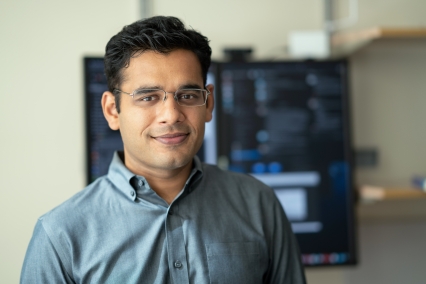
Nikhil Agarwal receives 2025 Infosys Prize in Economics
November 12th, 2025

Featured research: Study reveals the role of geography in the opioid crisis
November 7th, 2025

Incoming professor Lindsey Raymond named AI2050 Early Career Fellow
November 6th, 2025
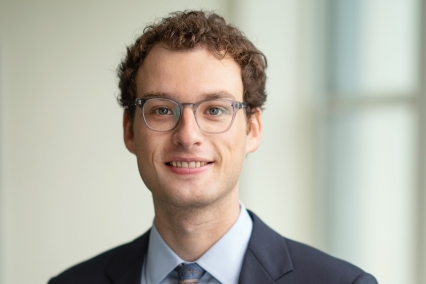
Jacob Moscona receives Kiel Institute Excellence Award
October 27th, 2025
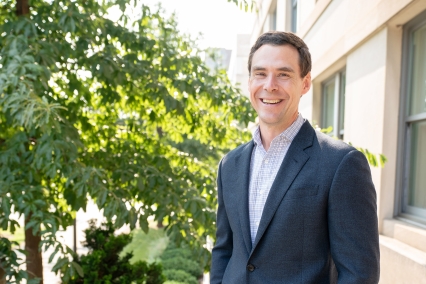
Nathan Hendren elected 2025 Econometric Society Fellow
October 16th, 2025

David Autor and Sendhil Mullainathan named 2025 Clarivate Citation Laureates
September 25th, 2025
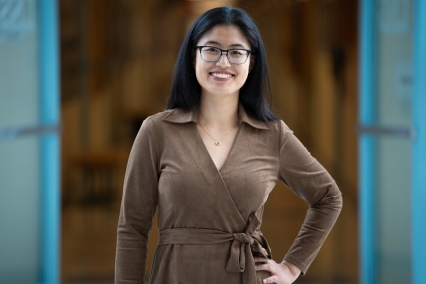
Student spotlight: Improving the workplace of the future
September 24th, 2025

Featured research: Can large language models figure out the real world?
August 25th, 2025
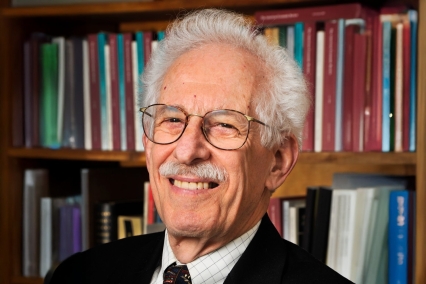
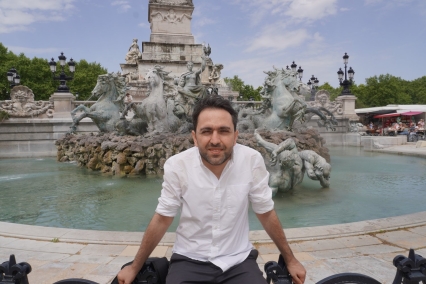
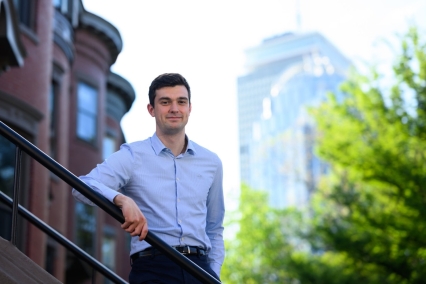
PhD student spotlight: Helping cities evolve
July 17th, 2025

PhD candidate Nagisa Tadjfar receives Horowitz Foundation grant
June 18th, 2025

Class spotlight: The math of politics and power
June 6th, 2025
